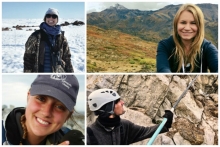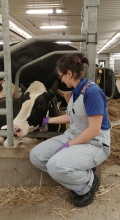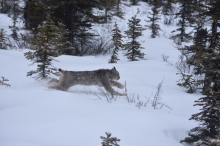As a young Macdonald College student, Alton McEwen, BSc(Agr)’66, had plenty of opportunities for experiential education during the summer months, working seven days a week on the family dairy farm in the Chateauguay Valley. Thanks to a generous gift from McEwen, internships will continue to play an essential part in the education experience at the Faculty of Agricultural and Environmental Sciences.
Read more in August 2021 issue of Focus on Macdonald











